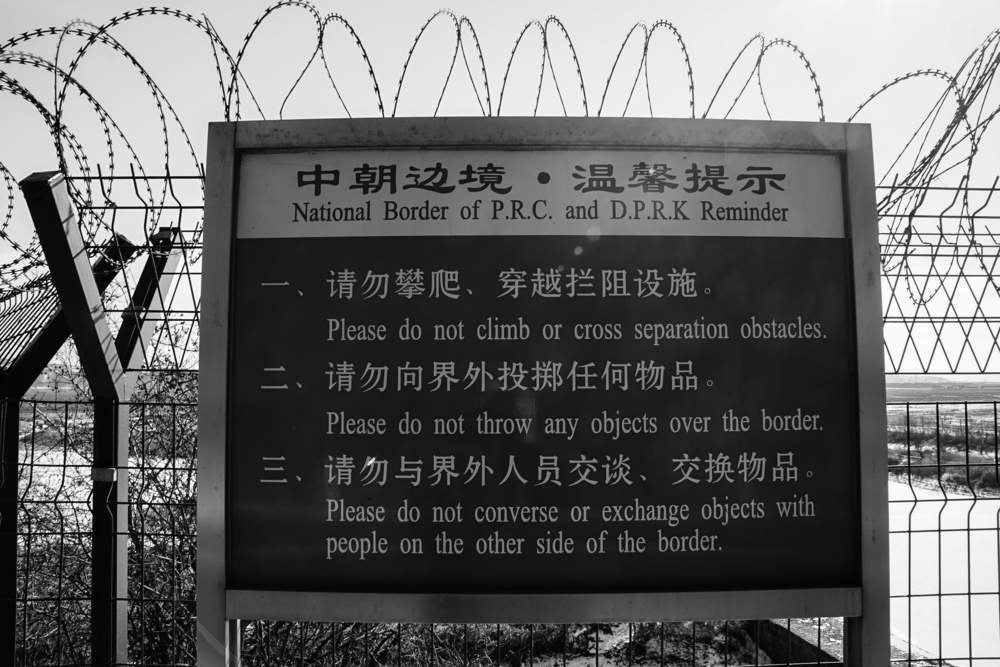
North Korean leader Kim Jong-Un might be open to sitting down with US president Donald Trump to talk about ditching his nuclear weapons but, until that happens, the substantial sanctions placed on North Korea by United Nations will remain in place.
However, two Singapore-based companies have been accused of supplying luxury goods to the rogue nation.
Two firms are named in a UN report that is set to be published later this week, the BBC reports. The report is said to accuse the two companies of supplying luxury wines and spirits to North Korea.
The United Nations banned the sale of luxury items to North Korea in 2006. This was a result of a weapon test in October 2006 as the nation started to experiment with nuclear weapons.
According to the UN report quoted by the BBC, the companies took more than $2 million in revenue from North Korea. Sales alleged date from 2011 to 2017.
They are also accused of having ownership ties with North Korea’s Ryunyong Commercial Bank, which has been banned by the United States government following last year’s nuclear tests.

US Tariffs are shifting - will you react or anticipate?
Don’t let policy changes catch you off guard. Stay proactive with real-time data and expert analysis.
By GlobalDataThe Singapore government has confirmed that it is aware of the cases. An investigation into the claims is already underway.
Both companies have denied the claims, insisting that the funds in question came from Hong Kong, rather than North Korea.
What was said:
A lawyer defending the firms told the BBC they “have done business with North Korean entities before the UN sanctions came into force”.
The Monetary Authority of Singapore told the BBC:
“MAS will take stern action against any financial institution in breach of regulations relating to proliferation financing.”
However, according to William Newcomb, a former member of the UN Panel of Experts, companies are exploiting loopholes to get around the UN sanctions and supply goods to North Korea.
He told the BBC:
“What they will do is set up a shell company, then establish a company in another location, a bank in a third location, and do business in another location. And now you have multiple jurisdictions involved. So it becomes quite complicated, and it’s one of the techniques they use to defeat the sanctions.”
Why it matters:
The UN report will highlight how easy it is for companies to get around UN sanctions. There are concerns that this might be a far more widespread issue in Asia.
The current sanctions are intended to force North Korea to reconsider its nuclear weapons programme. However, if this is the case, sanctions will do little to deter the nation.
Background:
The United Nations has tightened sanctions on North Korea over the last few years following numerous missile developments and launches.
Items banned from entering North Korea by the UN include gold and seafood. There is also a limit on the amount of petrol that North Korea can purchase, which experts believe has been particularly problematic for North Korea.
North Korea had to request help to refuel the ship carrying its Olympic delegation to South Korea for the Winter Olympics last month.







